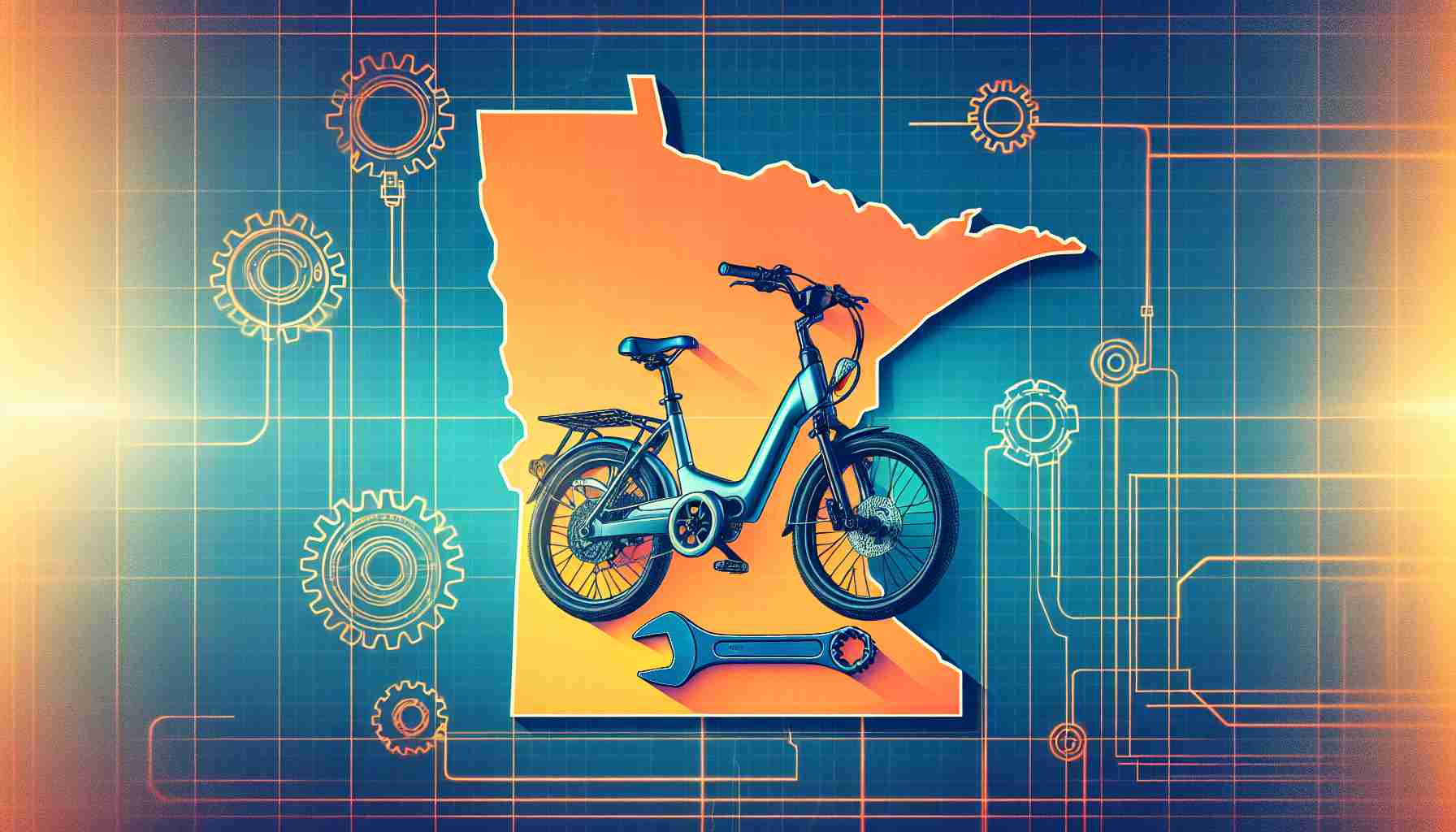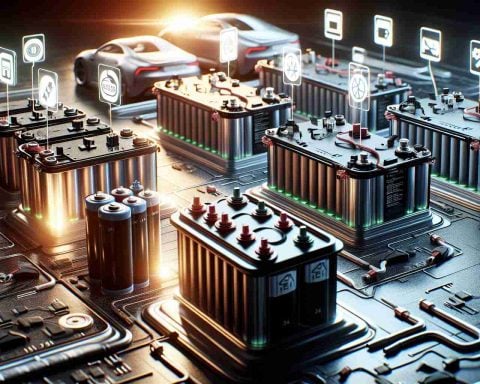The Minnesota Department of Revenue has announced the reopening of the state’s e-bike rebate program after technical issues caused the application website to crash last month. The online application will go live again on Tuesday, July 2, at 11 a.m.
The initial launch of the online application, which had a cap of 10,000 applications on a first-come, first-served basis, encountered significant technical difficulties, crashing within minutes. Due to the unresolved issues, the launch was postponed.
To address the potential influx of applicants, the state has implemented a virtual waiting room system. After entering the waiting room, applicants will be granted access in the order they joined. Once granted access, there will be a 15-minute window to complete and submit the application. Once 10,000 submissions are received, the application will close, and those still in the waiting room will be informed that they cannot apply this year.
To apply for the rebate, applicants will need to provide personal information such as name, contact information, birth date, social security number or Individual Taxpayer Identification Number, as well as tax filing status and adjusted gross income for the previous calendar year.
Applications will be reviewed, and the state will respond to each applicant by July 9, informing whether they have been approved, added to a waitlist, asked for additional information, or denied. Approved applicants will receive a rebate sent to their provided email address by July 10, which can be used to receive a discount on the purchase of a new e-bike from select retailers listed on the state’s website.
It is important to note that the rebate certificate must be used within two months of issuance. Applicants who are asked to provide more information will have three weeks to submit the requested documents via email.
The e-Bike Rebate program in Minnesota aims to encourage environmentally-friendly transportation by reducing the cost of e-bike purchases for residents. The state has allocated $2 million for rebates this year and next, offering up to a $1,500 discount on qualifying e-bike purchases. The program has generated higher-than-expected demand.
For more information on the e-bike rebate certificate program, interested individuals can visit the Minnesota Department of Revenue’s website.
The e-bike industry has been growing rapidly in recent years, driven by increased awareness of environmental concerns and the desire for more sustainable transportation options. E-bikes, or electric bicycles, offer an alternative to traditional bicycles by providing an electric motor that assists with pedaling, making it easier and more enjoyable to ride.
According to market forecasts, the global e-bike market is expected to continue its upward trajectory. The market is projected to reach a value of $38.6 billion by 2025, with a compound annual growth rate of 9.7% from 2019 to 2025. This growth can be attributed to factors such as advancements in battery technology, government initiatives to promote e-bike adoption, and the increasing popularity of e-bikes among urban commuters.
However, the e-bike industry still faces certain challenges. One key challenge is the lack of standardized regulations and policies regarding e-bikes. Different countries and regions have varied rules and classifications for e-bikes, which can create confusion and hinder market growth. Additionally, concerns about the safety and reliability of e-bikes, particularly in terms of battery performance and durability, remain a barrier to widespread adoption.
The Minnesota e-bike rebate program aims to address these challenges by incentivizing residents to purchase e-bikes. The program, administered by the Minnesota Department of Revenue, offers a rebate of up to $1,500 on qualifying e-bike purchases. This rebate can significantly reduce the cost of e-bikes for consumers and make them more accessible to a wider range of individuals.
The program has proven to be highly popular, as evidenced by the technical issues experienced during the initial launch of the online application. The significant demand for the rebate reflects the growing interest in e-bikes as a sustainable mode of transportation.
To learn more about the e-bike rebate program in Minnesota, interested individuals can visit the Minnesota Department of Revenue’s website by clicking here. The website provides detailed information on eligibility requirements, the application process, and participating retailers.
Overall, the e-bike industry is poised for continued growth, driven by increasing concerns about the environment and the desire for more efficient and sustainable transportation options. Initiatives like the e-bike rebate program in Minnesota play a crucial role in incentivizing consumers to embrace e-bikes and contribute to a greener future.



















